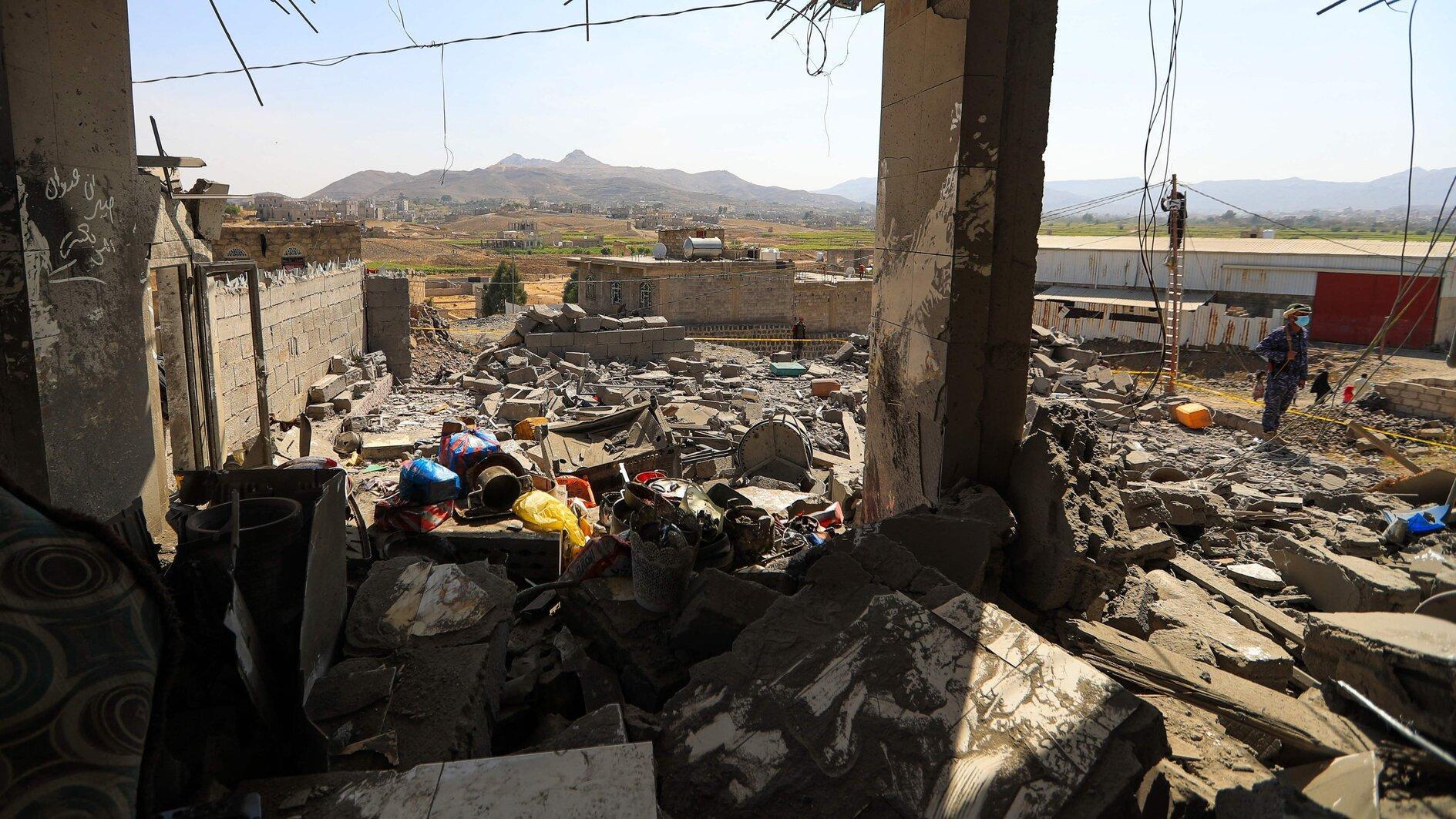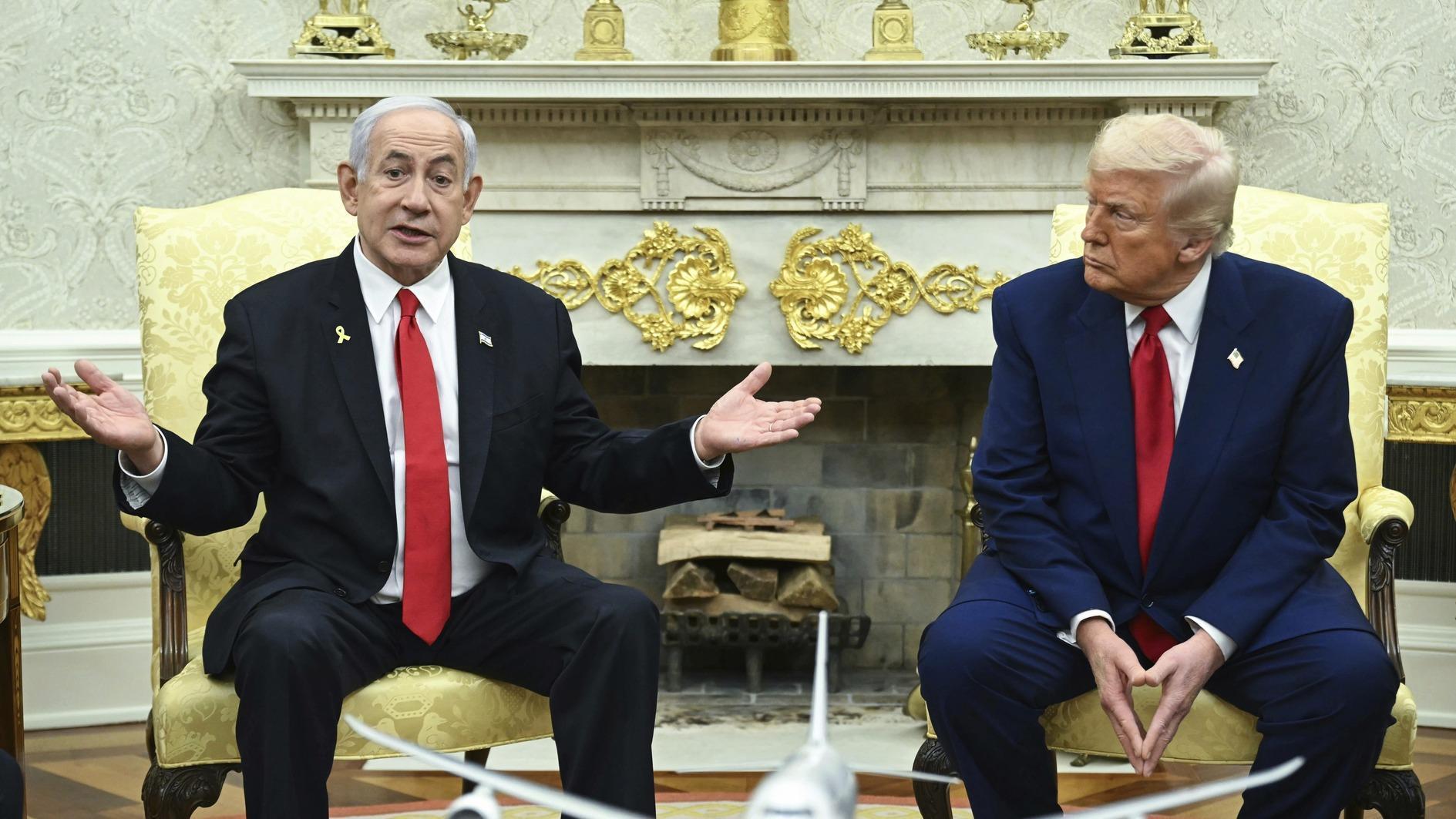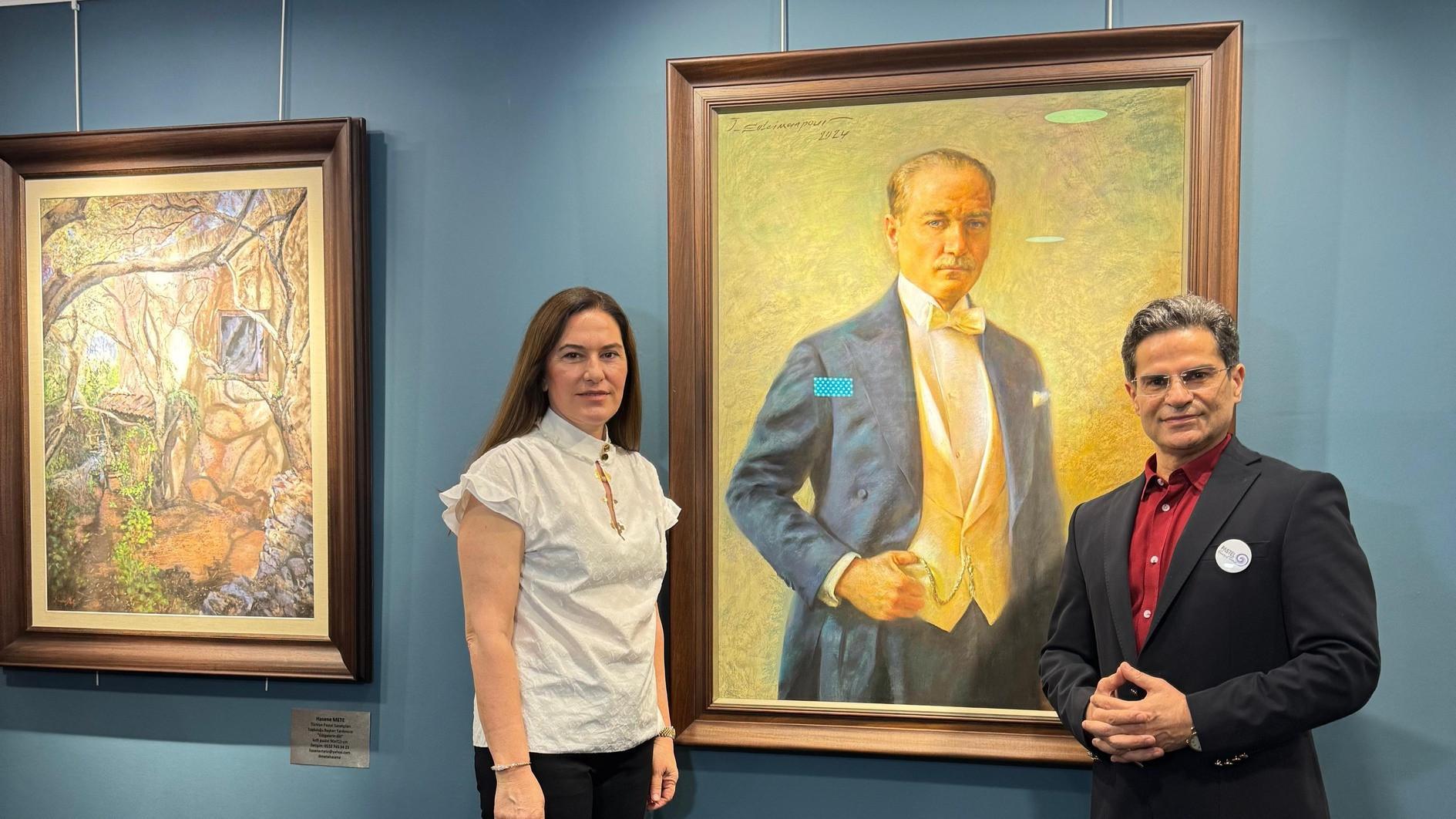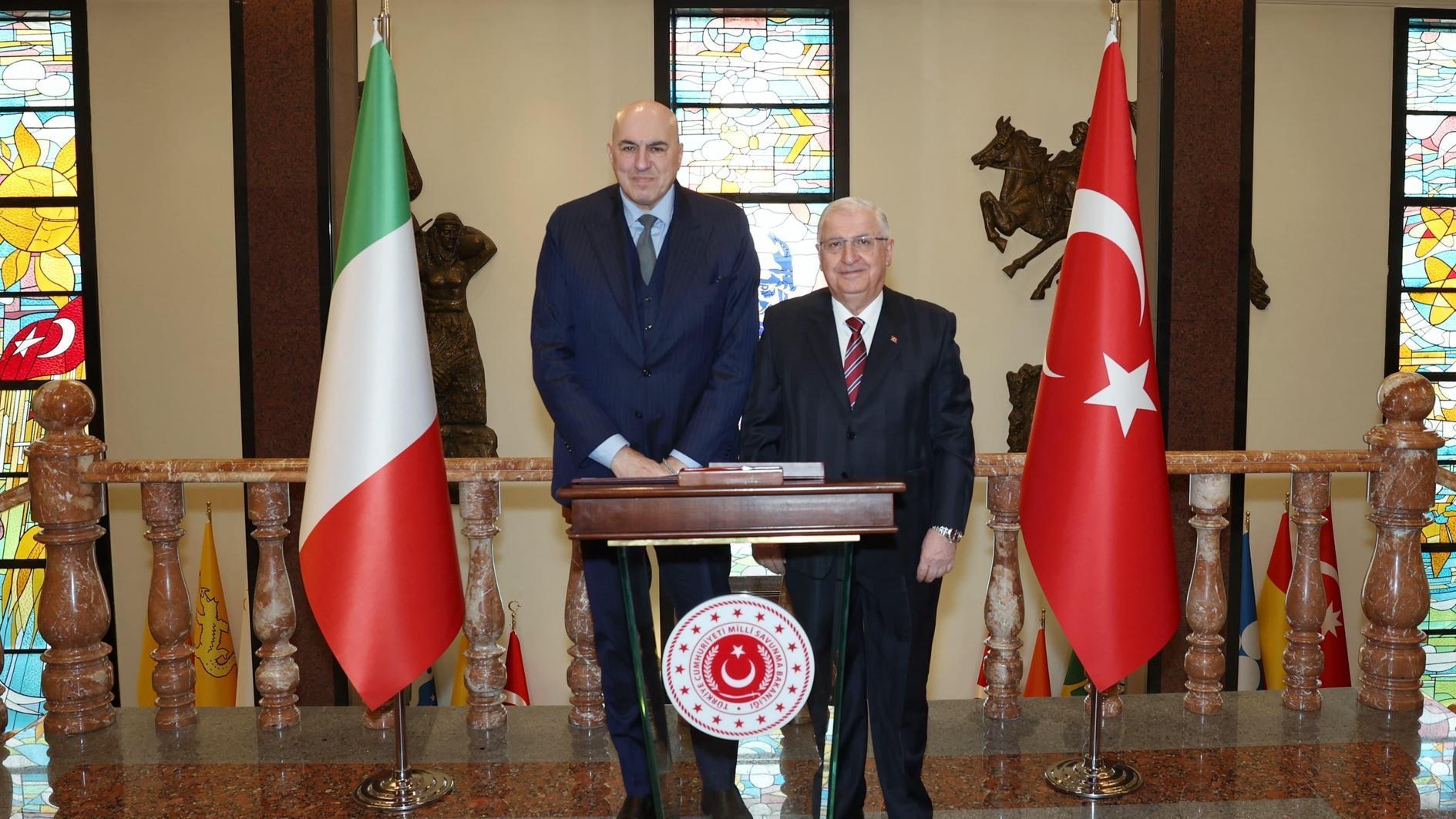Are liberals the AKP’s ‘useful idiots?’
Vladimir Ilyich Lenin, the founding dictator of the Soviet Union, is often cited as the inventor of the term “useful idiots.” It implies the naïve sympathizers of the Bolshevik revolution, who did not realize the real intentions of the communists that they were supporting. They were used by the communists for propaganda purposes, but were then brushed aside.
The same term has been in circulation for a while in Turkey as well, especially with regards to the secular liberals who have supported the “Islamist” Justice and Development Party (AKP) government. Turkey’s hardcore secularists believe that the AKP’s ultimate goal is to establish an authoritarian “Islamic state,” which will impose a conservative way of life. Hence they think that, by their stance against the ultra-secular Kemalist establishment, the secular liberals have helped destroy the very ground on which they stand.
This week, this discussion was revived in a speech by Aziz Babuşçu, the head of the Istanbul branch of the AKP, to a conservative audience. Referring to the past decade in which the AKP and secular liberals were often allies, Mr. Babuşçu said:
“Those who were somehow [partners] of ours in the 10 years of our rule will not be partners for us in the next 10 years. [This is] because in the last 10 years, there were partners of ours who were standing by what we did in a liquidation process and in defining freedom, the rule of law and justice. Although they cannot tolerate us, let’s say liberal circles, they have been partners of ours for some reason, but the future period of constructing [Turkey] will not be like that.” (“Turkish ruling party ‘to leave liberals out,’” HDN, April 2, 2013)
This, expectedly, vindicated the “useful idiots” argument. My column neighbor Burak Bekdil went more creative by referring to “disposable idiots” in his piece that appeared in these pages yesterday. Accordingly, nothing could be clearer than Babuşçu’s words to show the AKP’s true Islamist colors.
Well, maybe that is indeed the case, and we will all be very sorry for the “New Turkey” at the end of the next decade. But maybe things are not that simple, because we are in a more complicated and nuanced reality.
The first complication is that neither the AKP nor “the liberals” are homogeneous groups. I have no doubt that among the AKP’s ranks there many old-school Islamists who would love to have an “Islamic state.” But there are many reformed Islamists and mere conservatives as well, who would not be in favor of an oppressive religious rule.
“The liberals” are a mixed group, too. Many of them are actually democratic Marxists, not classical liberals. Some members of the former show a distaste toward traditional religion, which is rooted not in liberalism, but secular modernism. For example, they do not define freedom as a women’s right to choose her clothes, whether that be a miniskirt or a headscarf, but her supposed obligation to dress in the modern fashion.
Finally, the divergence between the AKP and the liberals could well lead to a normal diversification that can be found in any democracy. In the West, too, liberals and conservatives disagree on issues like “family values,” abortion or education. This does not make Western conservatives replicas of the Spanish Inquisition. I doubt it will make Turkish conservatives the replicas of the Taliban.











